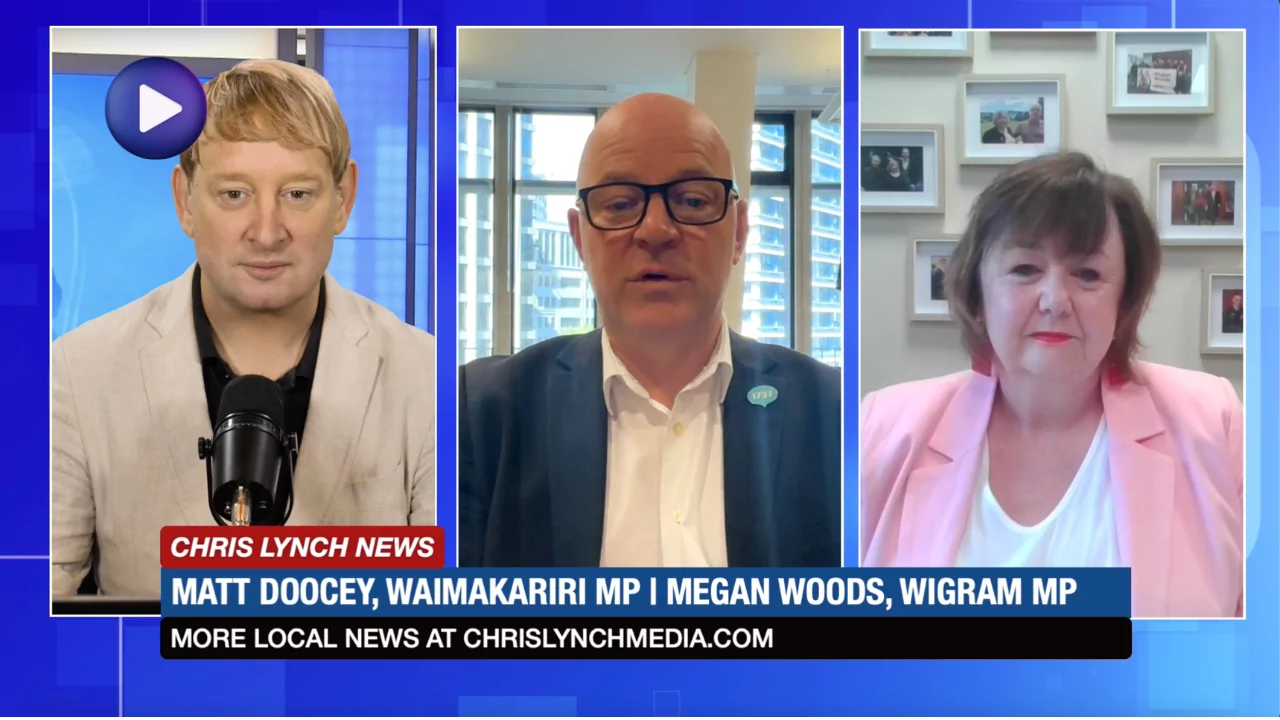Escaped youth tracked by Eagle helicopter, found hiding in New Brighton
The young person who escaped from a youth justice facility in Rolleston has been located...
ACT Leader David Seymour has called for a change in attitude towards youth crime in New Zealand, stating that the current system is failing young offenders and frontline police officers.
Seymour announced that ACT’s upcoming “Real Change Alternative Budget” will invest in youth justice facilities run by Corrections to hold youth offenders accountable for their actions.
Seymour argued that the current system is ineffective, with young offenders often sent to facilities that lack secure measures to prevent them from walking out.
Consequences for escaping are minimal, with offenders simply returning to the same insecure facility and often escaping again.
“This approach is demoralising for frontline police officers who arrest the same youths repeatedly, with little to no consequences.”
Chris Baillie, ACT’s Police spokesperson, added that “over the last two years, there has been a 465 per cent increase in ram raids, with 70 per cent of the offenders younger than 18.
“Frontline police are flat out, but the directives they receive are bewildering.
“They’re encouraged to not arrest people unless they have to, and they cannot enforce any consequences on youth criminals who are being caught committing crimes over and over again.”
ACT’s budget aims to invest $677 million over the next four years on reducing youth crime by holding young offenders accountable and increasing resources available for children in care.
This includes $500 million on the construction of 200 new youth justice beds and approximately $44 million each year to operate these new beds.
The facilities will be under the control of the Department of Corrections and will provide young offenders with access to mental health support and rehabilitation within a stable environment.
Seymour noted that youth offenders have escalated, but the government’s response has not.
He questioned, “how has New Zealand reached the point where kids think it is cool to smash up a store that a shopkeeper has worked hard for just for two moro bars.”
Baillie added that “it’s possible to turn their lives around, but they need to see that their actions have consequences and Youth Aid officers need the tools and support.”
ACT’s budget aims to replace the approximately 160 youth justice spaces currently provided by Oranga Tamariki.
This move will allow Oranga Tamariki to redeploy these beds, suitably modified, and provide approximately $25 million per year to young people in state care.
Seymour argued that “it’s time to get real about youth crime in New Zealand. The plan proposes real change, real consequences, and safer communities.”
He added that the truly cruel approach is to allow young offenders to face no consequences until they end up in adult prison.
